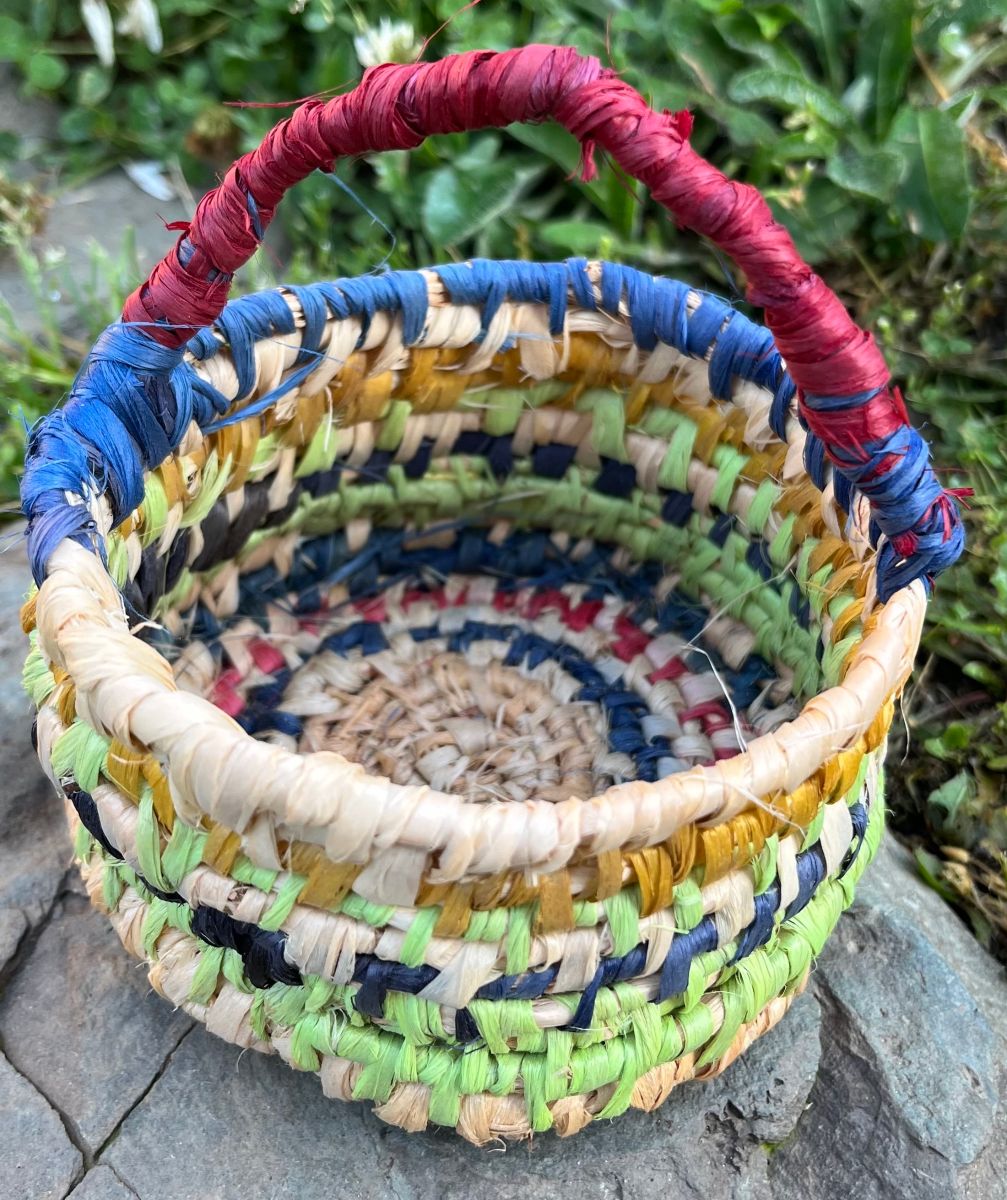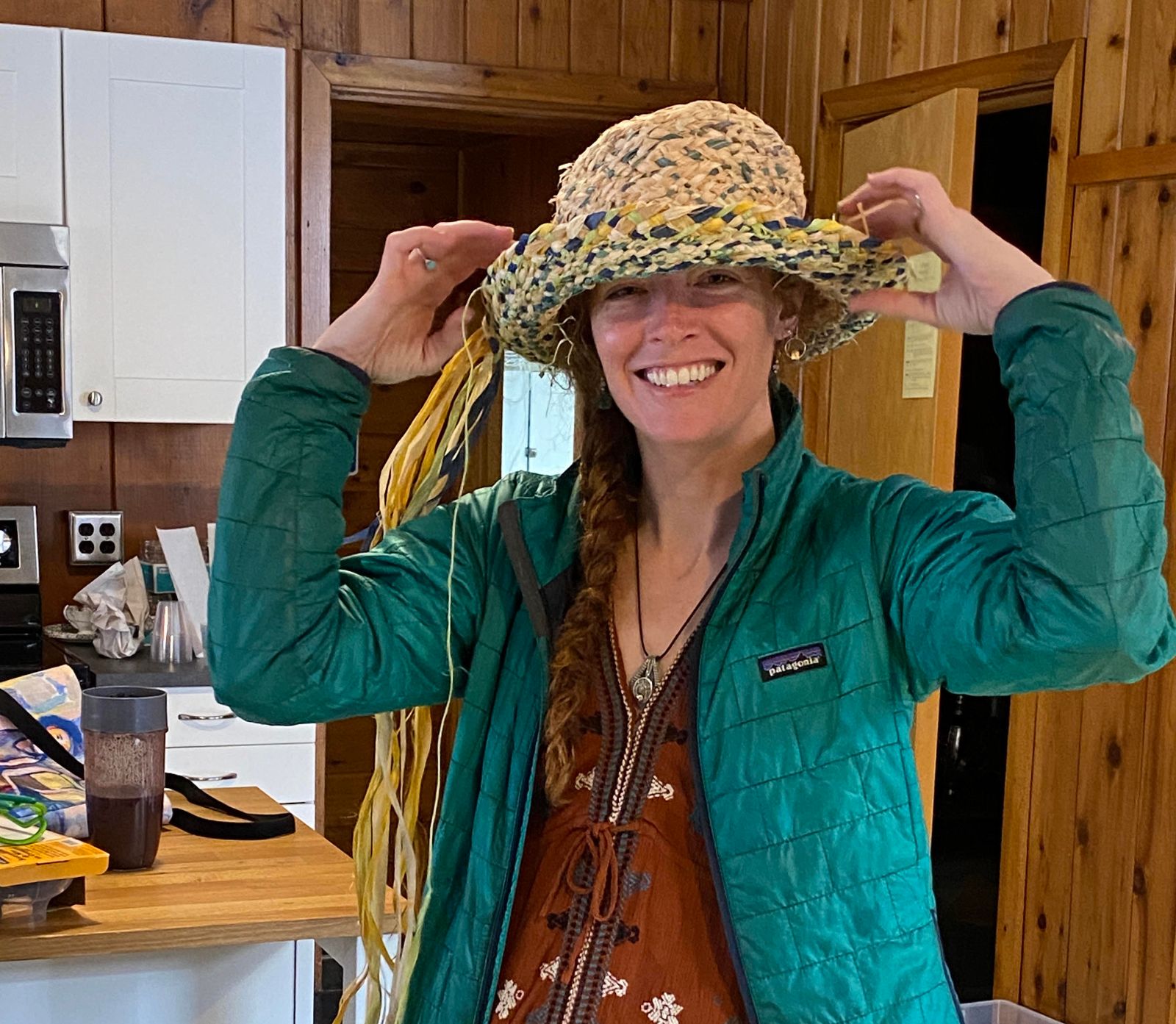Basswood Basket
Description

Saturday, October 7, 2023
9:00 AM - 4:00 PM
Tuition: $72 Class Materials: $10
Sliding Scale Available
Standard Tuition: $82
Supported Tuition: $55
Supporting Tuition: $109
*We recognize that not all our class prices are accessible for our whole community, and this system allows folks to choose how much they pay for a class. Using a sliding scale helps us work toward our belief in economic justice and accessibility of folk education. More information on sliding scale classes can be found here.
Tree bark is very special. The American Basswood aka American Linden, is a large deciduous tree found most commonly in central and southern parts of Minnesota. Of course its name hints at one of its most valuable purposes: basswood = bast = fiber. If peeled carefully, the inner bark of the tree can form long, thin strands of fiber that can be woven together for various purposes. Native Americans used the basswood as one of their primary sources of rope cordage.
The bark can easily be removed from the tree in late June - early July. The basswood tree fibers also take on dye very well, expanding the creativity for its uses. The basswood is sometimes called the “bee tree” because of the amount of nectar produced, making high quality honey.
Come to the Ely Folk School and spend a few hours learning about the Basswood tree and practice twining, wrapping, and weaving the fibers to make a small basket. Students will learn three different ways of braiding and at least three ways of wrapping the fibers in order to create bowls, baskets, or even a "straw" hat. Students will choose a technique in class to make a small basket. Ample time is given for students to work on their project with the goal of finishing in class. If students do not have time to finish their basket, material will be available to take home.


About the Instructor: Alexia Springer helps coordinate classes and puts together the monthly newsletters along with updating the website and social media accounts. Alexia enjoys teaching classes in outdoor education and many different creative outlets including earring making, foraging, and mending.
John Zasada is a retired silviculturist with the U.S. Forest Service in Grand Rapids. He has been teaching birch bark weaving for over 15 years.
